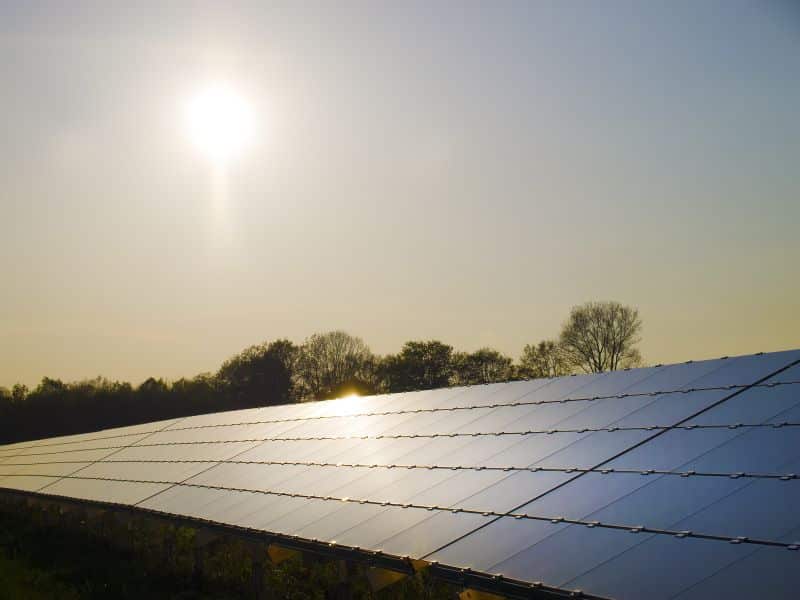In recent years, businesses worldwide have been gravitating towards sustainable energy solutions, and solar power has emerged as a shining beacon in this landscape. Not only does it serve as a renewable energy source but also as a cost-efficient one, promising substantial savings over the long haul.
However, integrating solar power into a commercial venture is not a simple switch. It’s a strategic maneuver that requires careful planning, robust understanding, and strategic execution. From understanding the feasibility of your location, evaluating the solar potential, choosing the right equipment, calculating the financial returns, and understanding government incentives – there’s a lot that goes into harnessing solar power efficiently.
This guide aims to illuminate the path to successful solar adoption, offering you insightful tips and practical advice to maximize your solar benefits. So, let’s get started and learn how to shine brighter while spending smarter with solar power.

1. Understanding Solar Potential
Before embarking on your solar power journey, it’s crucial to assess the solar potential of your business location. This involves examining the annual sunlight availability, the angle and direction of your roof, and any potential obstructions like trees or neighboring buildings that could block the sunlight. Tools like Google’s Project Sunroof can provide an estimate of your solar savings potential.
It’s also wise to consult with a solar installation professional for a more accurate evaluation. The greater your solar potential, the higher your energy production and savings will be. Namely, whether you decide to research Solar Power storage in Australia, and install a storage battery or opt for a solar inverter, understanding your solar potential is imperative to maximizing your benefits.
Pay attention to the location’s weather patterns, too. Cloudier areas might have a lower solar potential compared to sunnier regions.
2. Choosing the Right Equipment
Investing in high-quality equipment is crucial for the long-term success and efficiency of your solar power system. This includes choosing the right type of solar panels, inverters, and batteries (if needed) for your specific business needs.
It’s also essential to consider the warranty and maintenance options offered by different equipment providers to ensure the longevity of your solar system. Partnering with a reputable solar installation company can help guide you in selecting the best equipment for your commercial venture.
3. Calculating Financial Returns
While switching to solar power may involve an initial investment, it promises significant long-term savings. It’s essential to accurately calculate the financial returns of your solar power system before making any decisions.
Factors like energy consumption, utility rates, and possible government incentives should be taken into account when determining the cost-effectiveness of solar power for your business. Working with a financial advisor can help you make informed decisions regarding your solar investment.
4. Understanding Government Incentives
Governments worldwide are providing a range of incentives to promote the adoption of solar power by businesses. These incentives encompass tax credits, rebates, and grants. It is imperative to thoroughly research and comprehend these incentives as they can have a significant impact on the financial returns of your solar investment.
It is important to bear in mind that government policies and incentives are subject to change, so it is crucial to stay informed about any developments that may influence your solar benefits. Having a clear understanding of these incentives can help you make the most out of your solar power investment.
5. Regular Maintenance and Monitoring

Regular maintenance of your solar power system is integral to ensuring its efficient operation and longevity. This includes cleaning the solar panels, checking the inverter, inspecting for any physical damage, and ensuring all connections are secure. Additionally, you should monitor the system’s performance regularly to identify any discrepancies in energy production.
Solar power systems often include digital platforms or mobile applications to assist in monitoring performance and promptly resolving any issues that may arise. For more substantial concerns or routine maintenance, it is advisable to engage professional services. Remember, addressing potential issues promptly can save valuable time and money, while also ensuring uninterrupted solar power generation.
6. Future-Proofing Your Business with Solar Power
In the rapidly evolving commercial landscape, adopting solar power positions your business as a forward-thinking, environmentally responsible entity. This not only gives you a competitive edge but also resonates with a growing consumer base that values sustainable practices. Moreover, solar power can help shield your venture from fluctuating energy prices, providing financial stability and predictability in the long run.
Therefore, it’s not just about immediate returns, but also the value you are adding to your business in terms of brand reputation, customer loyalty, and long-term fiscal benefits. It’s about future-proofing your business, making it resilient and ready to capitalize on future opportunities. Always remember, the sun shines not just for today, but for the promising tomorrows your business is destined to see.
In conclusion, solar power offers a promising and sustainable energy solution for commercial ventures. Its adoption involves a strategic process, from understanding your location’s solar potential, selecting high-quality equipment, and calculating your financial returns, to staying informed about government incentives. Regular maintenance and performance monitoring are essential to ensure the efficiency and longevity of your system.
Most importantly, switching to solar power is about future-proofing your business, aligning with environmental responsibility, fostering customer loyalty, and ensuring long-term financial stability. With careful planning and execution, your business can shine brighter while spending smarter, paving the way for a sustainable and prosperous future.
